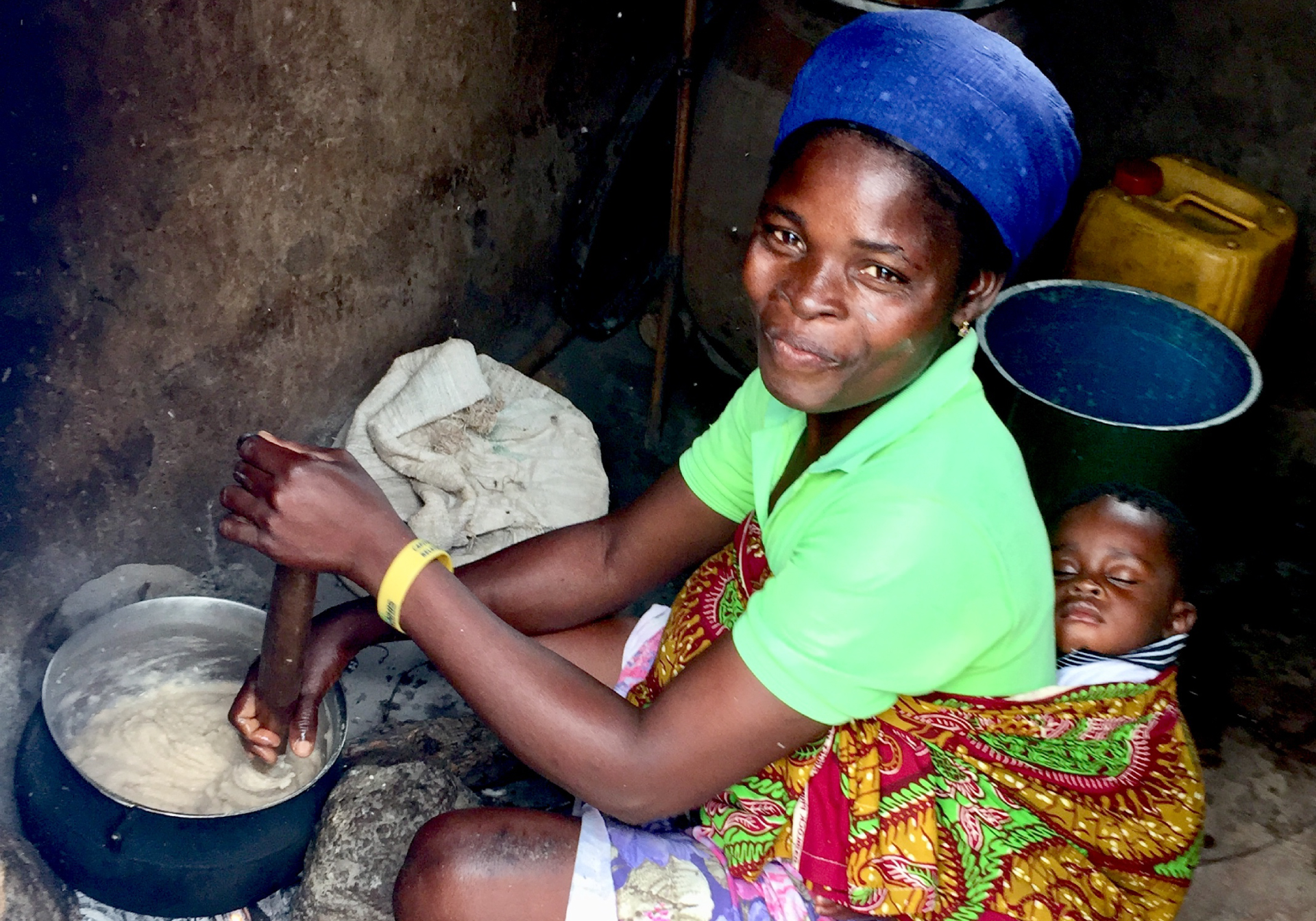
Dr. Kathleen Ragsdale and SSRC Intern Laura Ingouf traveled to Zambia for two weeks to conduct Fish4Zambia: Assessing Facilitators and Barriers to Aquaculture and Fish Consumption in Zambia (K. Ragsdale, PI; L. Pincus, PI; M. Read-Wahidi, Co-PI; P. Marinda, Co-PI). The research was funded by the Feed the Future Innovation Lab for Fish(FIL) (M. Lawrence, PI) through support from USAID. Fish4Zambia is a 12-month project that aims to increase the quality and quantity of fish benefitting poor households in Zambia, with a particular focus on women of reproductive age (WRA) and children under the age of 2 years. During the fieldwork – which was conducted in fishing camps and villages on Lake Bangweulu – the Fish4Zambia research team collected 397 surveys, which was more than double our minimum target goal of 180 surveys. A key factor in collecting this large number of surveys was that FIL generously provided our U.S. team with six (6) tablets that we hand-carried to Zambia. The Fish4Zambia team also conducted 20 Focus Group Discussions (FGD) among fishing camp and village community members. We conducted seven FGD among men, seven FGD among women, and six FGD among youth ages 18-29. Data analysis begins in August 2019. Results will inform FIL-supported post-harvest value chain activities, USAID/Zambia Mission and USAID Feed the Future investments in Zambia, and Government of Zambia investments in fishery development. Fish4Zambia contributes to USAID Feed the Future objectives to understand why many Zambians (particularly WRA and children <2 years) continue to lack dietary diversity and remain vulnerable to food insecurity and malnutrition.
Dr. Gina Rico Mendez, Dr. Kathleen Ragsdale, and Dr. Mary Read-Wahidi will participate in a meeting with colleagues at the USAID Bureau of Food Security to discuss the landscape analysis, Harnessing the Potential for Rural Youth-Inclusive Agri-Food Systems Livelihoods (K. Ragsdale, PI) that the Gender Impacts Lab is producing for the Bureau of Food Security with support from the Feed the Future Soybean Innovation Lab (P. Goldsmith, PI).
Dr. Kathleen Ragsdale and Dr. Mark Lawrence, who are members of the Management Entity of the Feed the Future Innovation Lab for Fish (M. Lawrence, PI) participated in an interview as part of the Feed the Future Advancing Women’s Empowerment (AWE) Program. The interview focused on how the Fish Innovation Lab considers and integrates gender into Lab research processes and management processes, as well as challenges, successes, and lessons learned in the process.
Dr. Kathleen Ragsdale and Dr. Gina Rico Méndez, who contribute to Feed the Future Soybean Innovation Lab /SIL (P. Goldsmith, PI) participated in an interview as part of the Feed the Future Advancing Women’s Empowerment (AWE) Program. The interview focused on how the Gender Impacts Research’s model for resourcing gender expertise, budgeting for gender analysis research, and finding from Wave II of the novel instrument developed by Drs. Ragsdale and Read-Wahidi – the Gender Responsive Agricultural Development Assessment for SIL Implementing Partners (GRADA-SIL II).

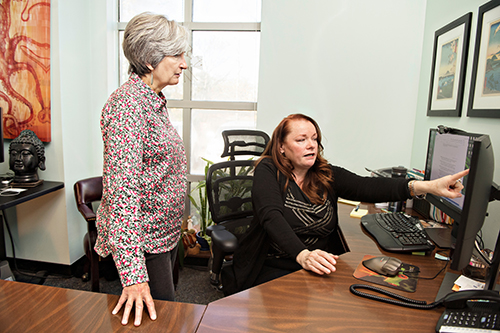
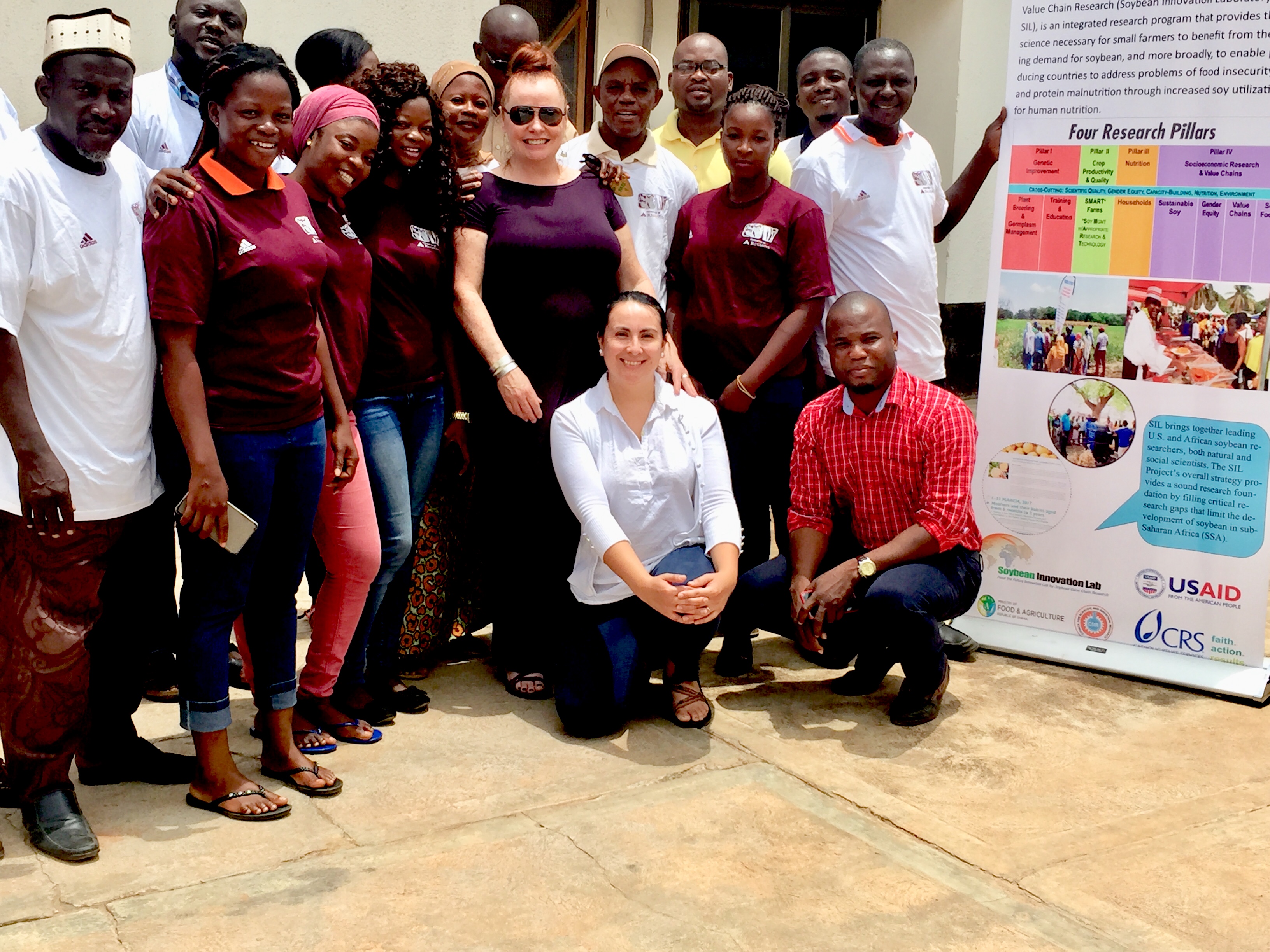
As PI of the Focus4Teens Evaluation project, Dr. Kathleen Ragsdale will attendee the 2019 Teens Access and Quality Initiative All Grantee Meeting sponsored by the Centers for Disease Control and Prevention (CDC), which will be held August 20-21, 2019, in New York, NY. At the meeting, Dr. Ragsdale will discuss the evaluation aspects of the Focus4Teens Initiative in the Mississippi Delta. In addition, Dr. Ragsdale will lead a group discussion among all the grantees’ evaluation team members involved in conducting their site’s interviews.
Dr. Kathleen Ragsdale, Dr. Pamela Marinda (University of Zambia), and Tabitha Mulilo (WorldFish Zambia) led a hands-on full-day workshop for Zambian Department of Fisheries Field Agents on using tablets to collect the Women’s Empowerment in Fisheries Index.
SSRC GRA and Sociology PhD student, Robert Kolbila, received a Third Place Award for his oral presentation at the 2019 MSU Graduate Research Symposium held on October 5th at Mississippi State University.
SSRC GRA and Applied Anthropology Masters student, Malavika Jinka, received a First Place Award for her poster presentation at the 2019 MSU Graduate Research Symposium held on October 5th at Mississippi State University.
SSRC Undergraduate Intern and Anthropology major, Laura Ingouf – who was a member of the Fish4Zambia research team that conducted fieldwork in Zambia in July 2019 – was one of three students featured in the “USAID Success Story: Fish4Zambia Builds Capacity through Student Fieldwork Training” written by Dr. Kathleen Ragsdale and submitted to the Feed the Future Fish Innovation Lab and USAID.
Robert Kolbila, MSc, has joined the SSRC as a Graduate Research Assistant to Dr. Kathleen Ragsdale and Dr. Mary Read-Wahidi. A native of Ghana, Kolbila has been working with Drs. Ragsdale and Read-Wahidi since 2017 to help implement surveys and focus group discussions with men and women smallholder soybean farmers in Ghana’s Northern Region. This work is part of Drs. Ragsdale and Read-Wahidi’s Gender Impacts Research (K. Ragsdale, PI), funded by the U.S. Agency for International Development (USAID) through the Feed the Future Soybean Innovation Lab (P. Goldsmith, PI). Kolbila earned an MS in Development Studies from the University for Development Studies in Ghana. For his Masters thesis – entitled, Assessing the Effectiveness of the Community Based Health Planning and Services (CHPS) as a Close-to-Client Strategy for Health Care Delivery in West Mamprusi District, Ghana – Kolbila conducted surveys, focus group discussions, and key informant interviews to examine the Ministry of Health’s effectiveness in improving healthcare for the rural poor, who have long been underserved in Ghana. He will be pursuing a PhD in the Department of Sociology at Mississippi State University.
Ms. Malavika Jinka has joined the SSRC as a Graduate Research Assistant to Dr. Kathleen Ragsdale and Dr. Mary Read-Wahidi. A native of India, Jinka is working with Drs. Ragsdale and Read-Wahidi and the SSRC Gender Impacts Lab. She is contributing to the Gender Impacts Research (K. Ragsdale, PI; M. Read-Wahidi, Co-PI) funded by the U.S. Agency for International Development (USAID) through the Feed the Future Soybean Innovation Lab (P. Goldsmith, PI). She is contributing to Fish4Zambia (K. Ragsdale, US PI; Lauren Pincus, Host Country PI; M. Read-Wahidi, US Co-PI; P. Marinda, Host Country Co-PI; E. Torell, US Co-PI) funded by USAID through the Feed the Future Innovation Lab for Fish (M. Lawrence, PI). Jinka is contributing to the Focus4Teens: Year 4 Evaluation project funded by the Centers for Disease Control and Prevention (CDC) through Teen Health Mississippi. She has an MA in Journalism and Mass Communication from Madurai University in India and more than a decade of work experience as an editor and writer with various international publishing houses. At Mississippi State University, Jinka is pursuing an MA in Applied Anthropology with the Department of Anthropology and Middle Eastern Cultures. Her Master’s thesis is focused on the nexus between the Indian government’s goals of ‘development for conservation’ and the impact of those goals on people who have been internally displaced from a forest that the government has deemed a ‘wildlife reserve.’
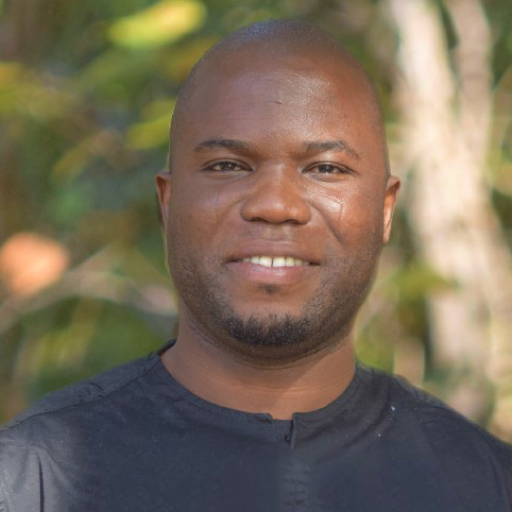
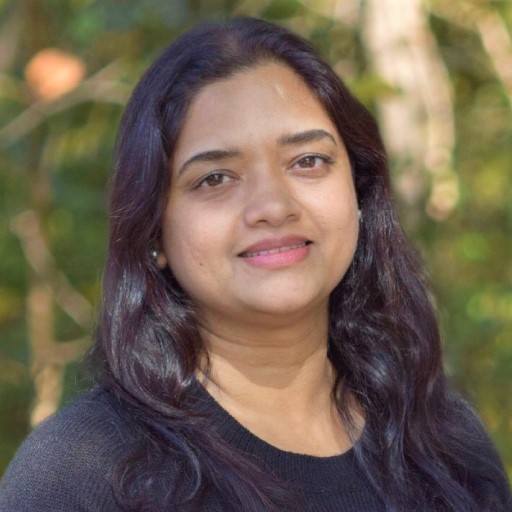
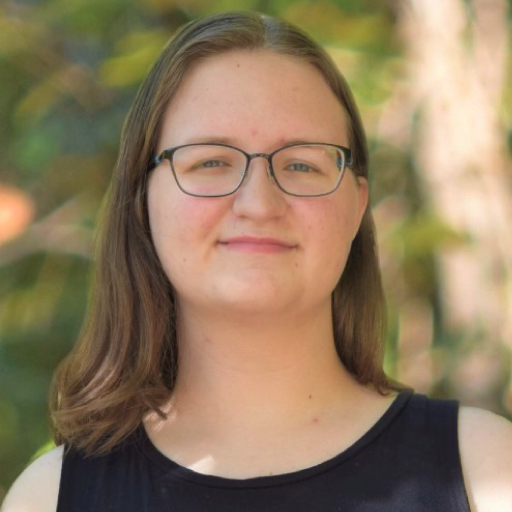
Mississippi State University
Social Science Research Center
1 Research Blvd #102A
Starkville, MS 39759
Email: genderimpactslab@ssrc.msstate.edu